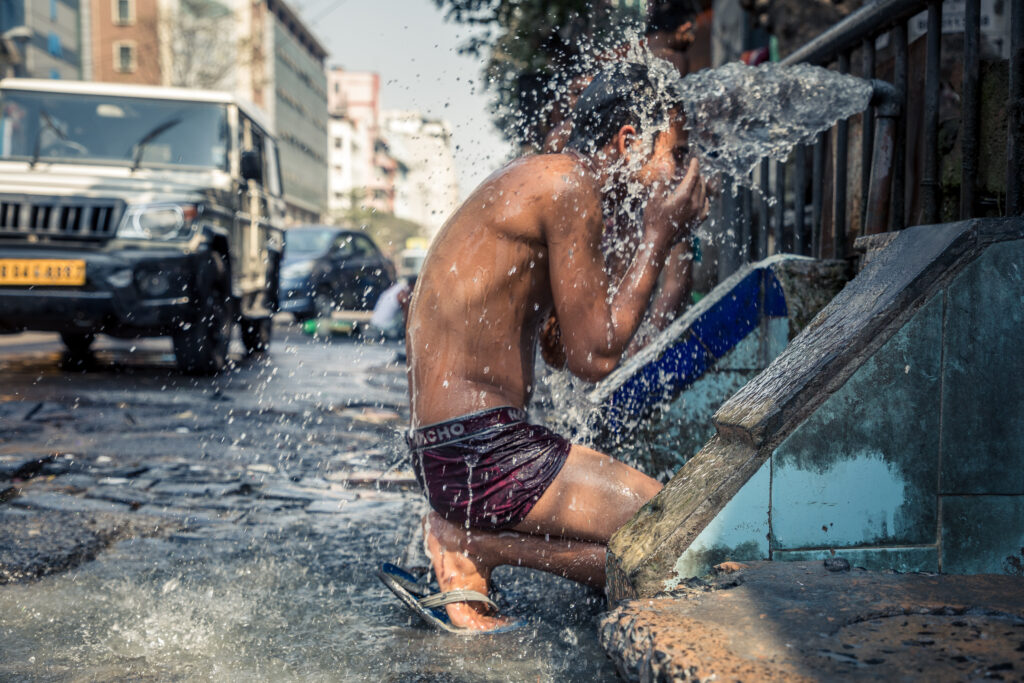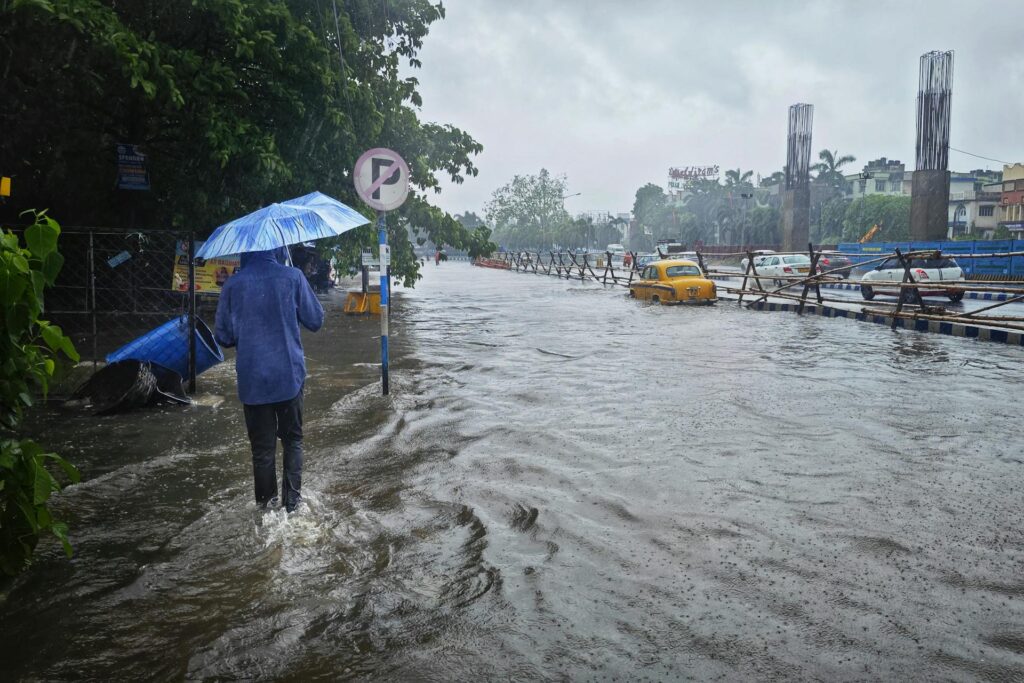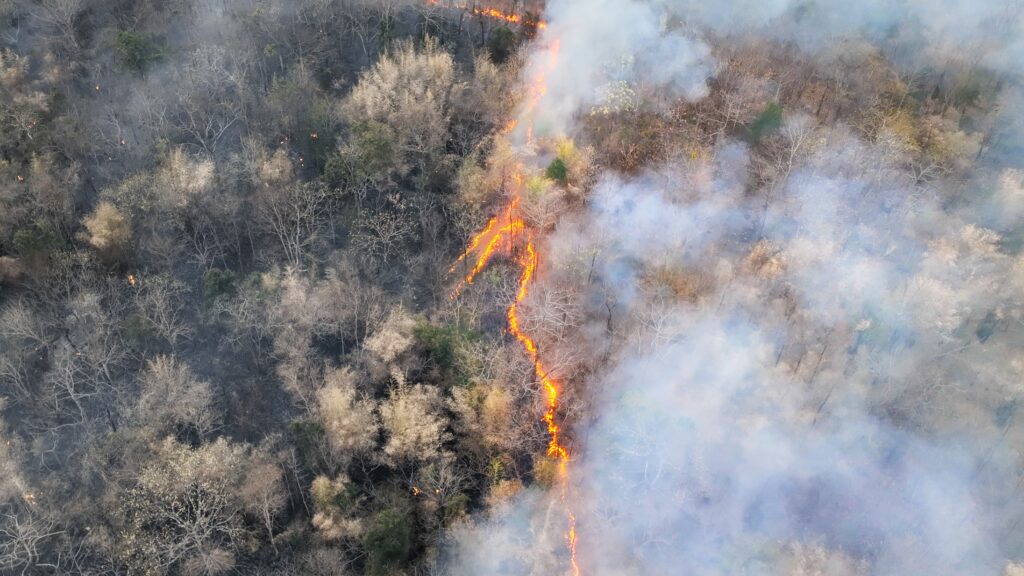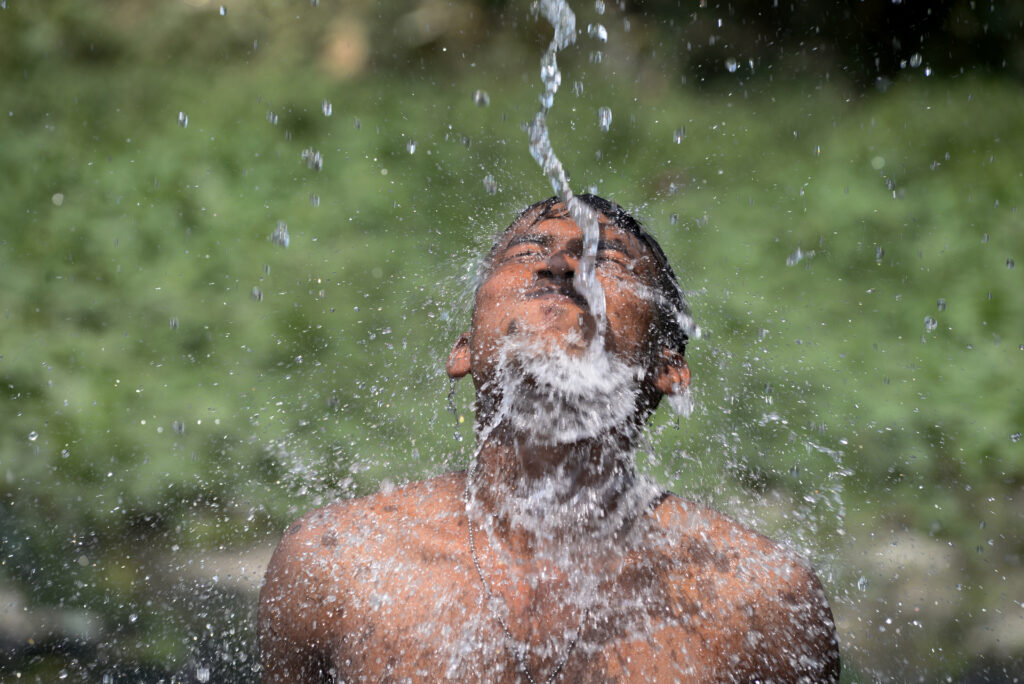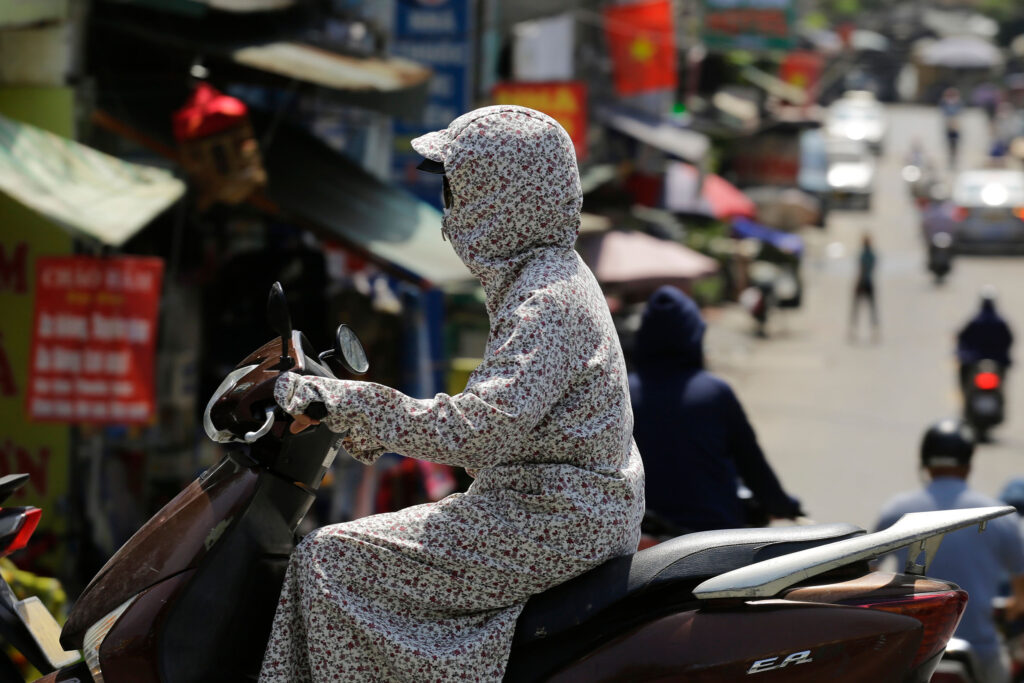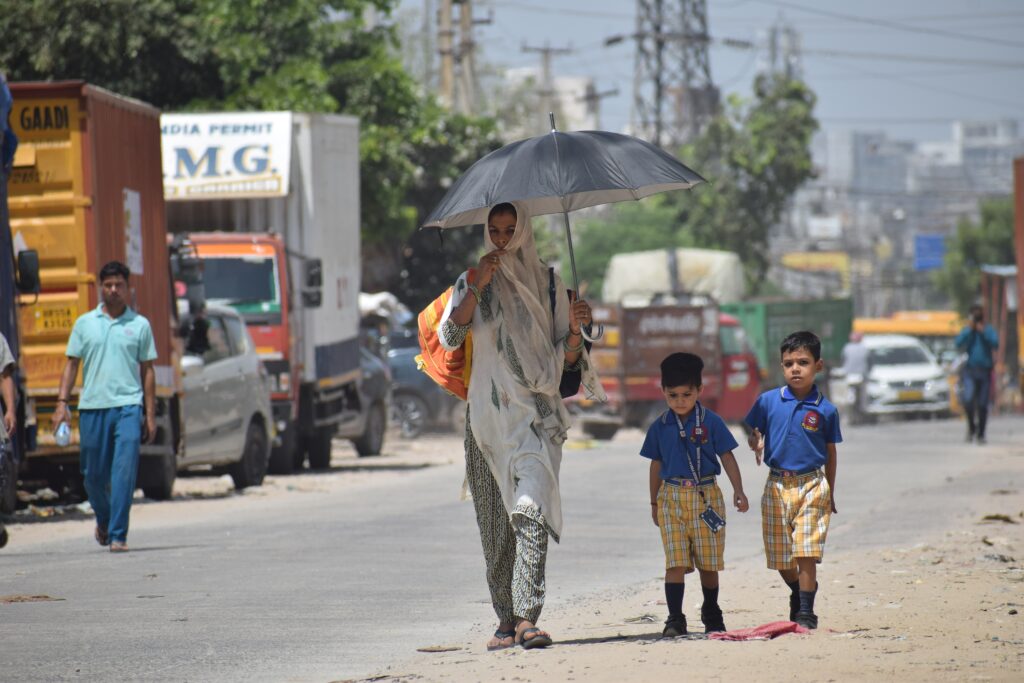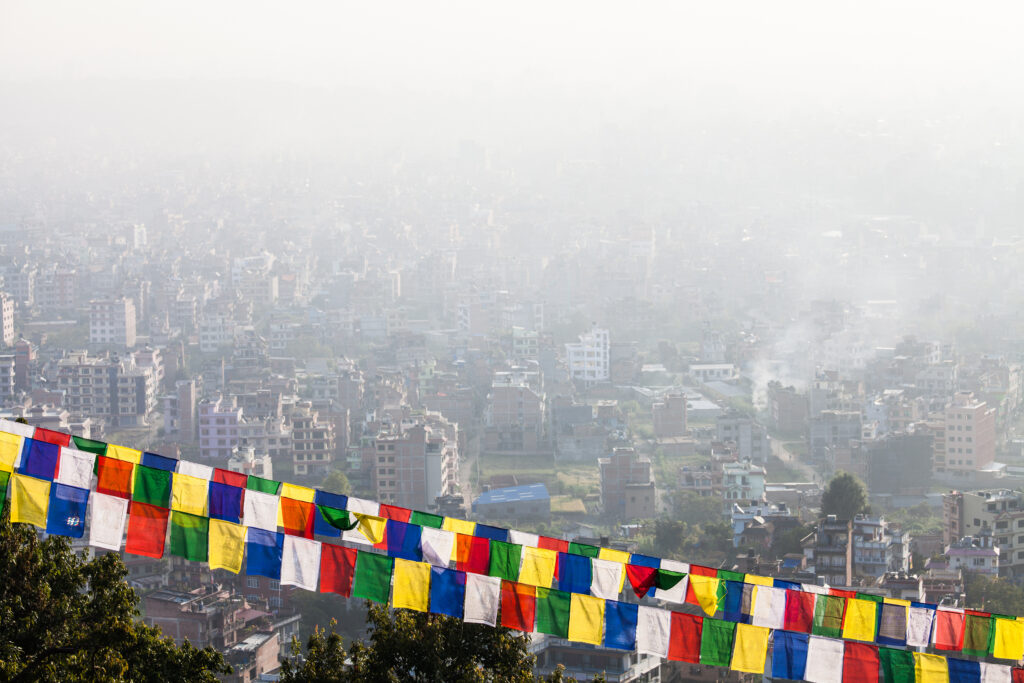Last month, the 2023 State of Global Climate Report from the World Meteorological Organisation confirmed what was already quite apparent to many around the world: 2023 was the hottest year on record.
According to the report, in 2023, climate change was the main driver of record-high, global surface temperatures, which, in turn, impacted agriculture, health and livelihoods across the world.
“Sirens are blaring across all major indicators… some records aren’t just chart-topping, they’re chart-busting. And changes are speeding up.” said United Nations Secretary-General António Guterres, in a press statement.
Asia, as the world’s largest and most populous continent, was particularly impacted. For those who faced record heatwaves in Japan, Bangladesh, Malaysia, Singapore and Vietnam, all of which saw numerous high temperature records broken, the WMO’s announcement likely came as no surprise.
This is the result of years of climate inaction. Southeast Asia’s heatwave was considered a once-in-200-year event. At one point, in April, an astounding one-third of the world’s population – around 2 billion –was facing extreme heat across Asia. According to the World Weather Attribution Group, heatwaves are now 30 times more likely in Asia due to climate change.
Prior to this, 2020 was the hottest year on record, and all the eight hottest years have occurred in the past decade. It’s a clear sign that climate change is here now, and impacting communities immediately.
Unequal Impacts

The impacts of climate change and extreme heat aren’t felt equally. Globally, it’s developing countries that are more heavily impacted, and even within those countries, it’s poorer and more vulnerable communities that are on the front lines of extreme climate events, and have the least ability to adapt.
A WHO report noted that food insecurity has doubled, with extreme heat playing a key role. We saw that in Asia when India stopped exporting rice due to drought, impacting prices across the region.
“The climate crisis is the defining challenge that humanity faces and is closely intertwined with the inequality crisis – as witnessed by growing food insecurity, population displacement and biodiversity loss,” said WMO Secretary-General Celeste Saulo.
Exacerbating the problem is the fact that the developing countries facing the brunt of extreme heat and other climate impacts aren’t receiving nearly enough support. The WMO’s report also noted that the costs of climate inaction are greater than the costs of action, and called for more assistance to deal with the unequal burden that poorer communities face.
“Particularly in countries like India, Bangladesh and Thailand, there is a lack of knowledge with respect to who is vulnerable to heatwaves, loss and damage estimation, household coping mechanisms and the most effective heat action plans,” said Chandra Sekhar Bahinipati, a researcher at the Indian Institute of Technology, in a media release.
2024 Could Be Another Hottest Year on Record
There are already signs that 2023 won’t hold the title of hottest year on record for long, as 2024 has seen record heat and worrying high sea temperatures, with some experts concerned that El Niño could make things worse.
“Sea-surface temperatures during El Niño events tend to peak in December and have the greatest influences in the subsequent two months. That sets the stage for 2024 jumping up the staircase to the next level, perhaps to 1.4°C above pre-industrial levels,” said Kevin Trenberth, a scholar at the University of Auckland in New Zealand, in an opinion piece.
More heat means more stress for farmers, more food insecurity and even more burden on those with the least resources.
Time to Address the Adaptation Gap

In order to help communities prepare, there needs to be more funding for adaptation. So far, that has been lacking. According to the United Nations Environment Program, the adaptation funding gap is between USD 194 billion and USD 366 billion per year. The promises made by richer countries at the annual United Nations COP climate conferences have not yet been acted upon.
The report, and the red alert put out by the WMO highlight the need to address climate inaction, and ensure that communities on the front lines, in places like Pakistan, Cambodia, and the Philippines, are able to withstand extreme heat. This comes on top of limiting future greenhouse gas emissions.
“We can still avoid the worst of climate catastrophes,” said the UN’s Guterres. “But only if we act now with the ambition required to limit the rise in global temperature to 1.5°C and deliver climate justice.”
2023’s record heat was a wake-up call. It’s time for global leaders to act and ensure that the poorest and most vulnerable, who did little to cause the problem, don’t suffer from extreme heat and have the resources to adapt.
Nithin Coca
Journalist, Japan
Nithin Coca covers climate, environment, and supply chains across Asia. He has been awarded fellowships from the Solutions Journalism Network, the Pulitzer Center, and the International Center for Journalists. His features have appeared in outlets like the Washington Post, Financial Times, Foreign Policy, The Diplomat, Foreign Affairs and more.
Nithin Coca covers climate, environment, and supply chains across Asia. He has been awarded fellowships from the Solutions Journalism Network, the Pulitzer Center, and the International Center for Journalists. His features have appeared in outlets like the Washington Post, Financial Times, Foreign Policy, The Diplomat, Foreign Affairs and more.


